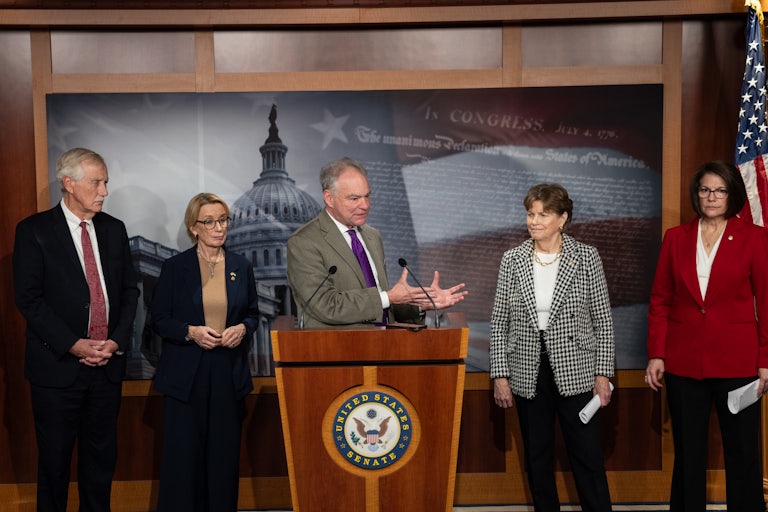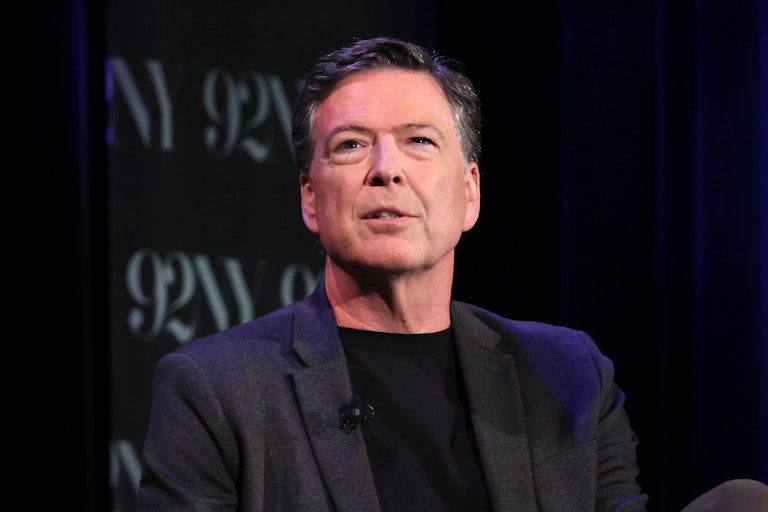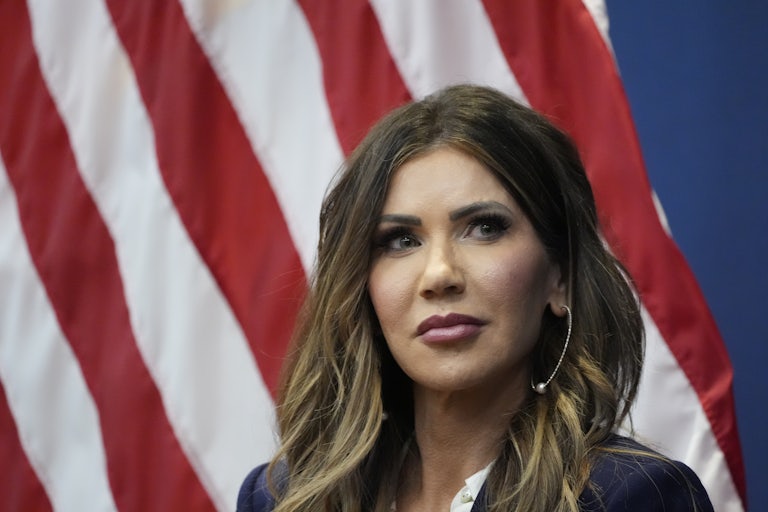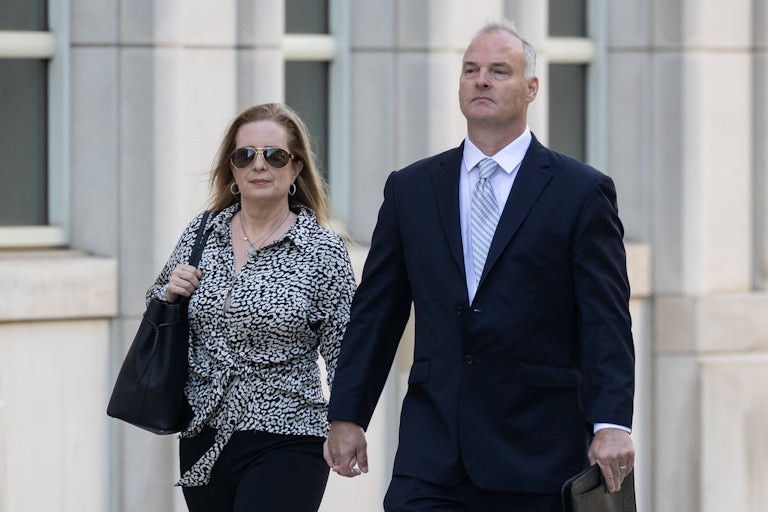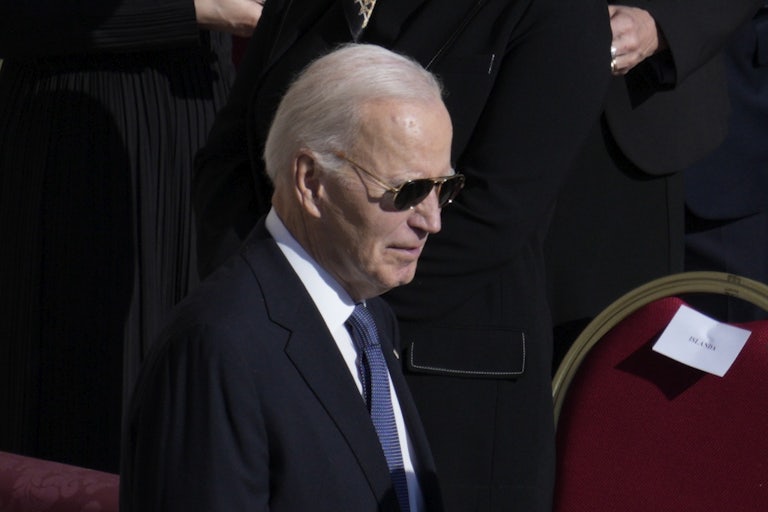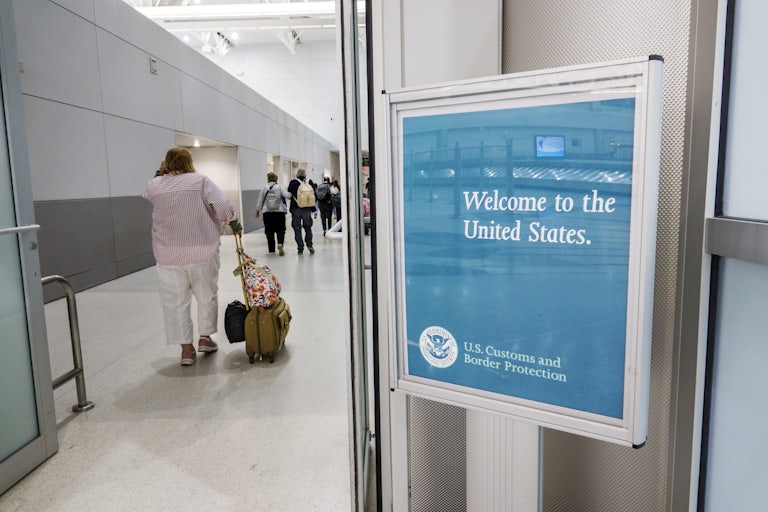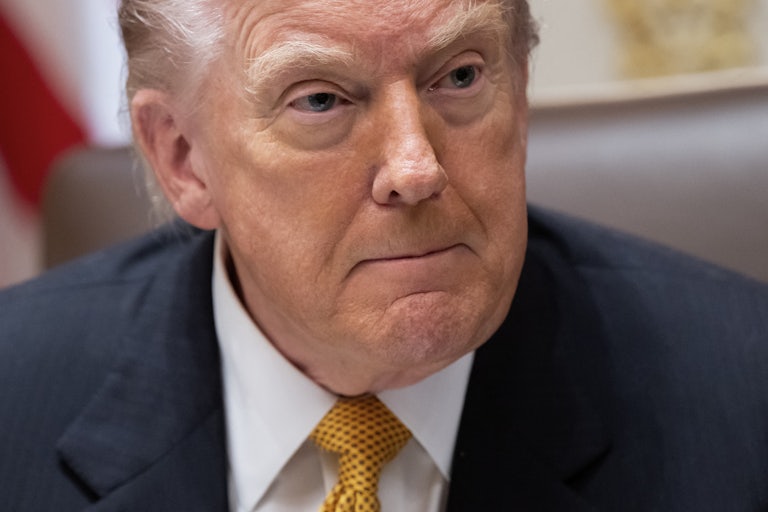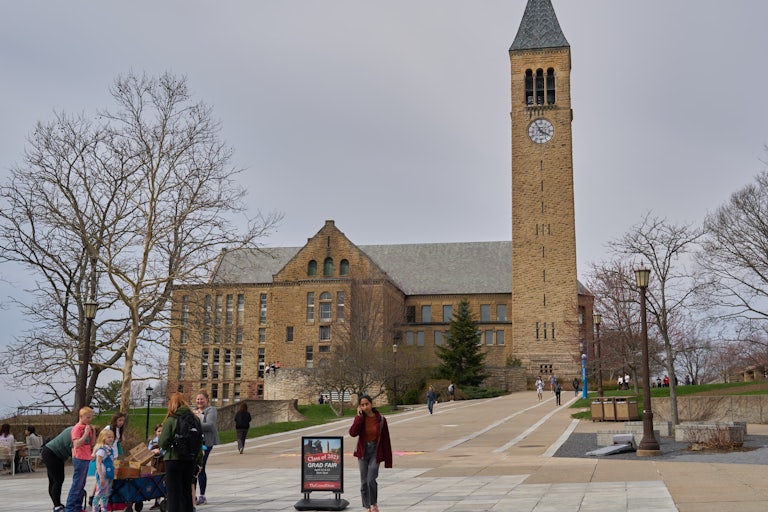Supreme Court Surprisingly Makes the Right Call on Same-Sex Marriage
The Supreme Court has rejected Kim Davis’s challenge to the landmark case.
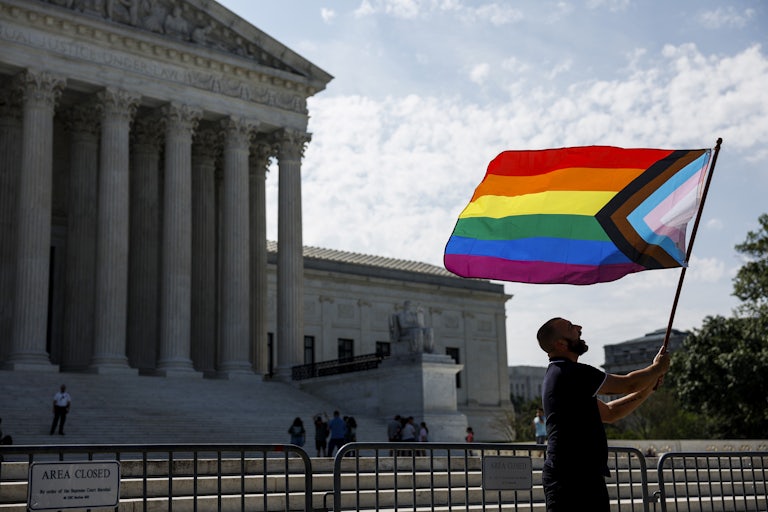
The conservative-majority Supreme Court denied a challenge Monday to its landmark same-sex marriage ruling.
The Supreme Court rejected a long-shot petition from Kim Davis, a former Kentucky county clerk who refused to sign marriage licenses for gay and lesbian couples following the 2015 Obergefell v. Hodges ruling. Davis was seeking to overturn the decision that had legalized same-sex marriage.
Davis had appealed the $360,000 she was ordered to pay after refusing to grant a marriage license to David Ermold and David Moore, a same-sex couple, because she was acting “under God’s authority.”
When the two men pointed out that she had given marriage licenses to “murderer[s], rapists, and people who have done all kinds of horrible things,” Davis responded that “that was fine because they were straight,” according to court filings.
Three of the four justices who dissented from Obergefell are still on the court, helping to make up today’s 6–3 conservative majority, which tends to react with hostility to judicial precedent. But it seems that the court’s 2015 ruling will for now remain intact.
Davis’s appeal failed to explain why overturning Obergefell was necessary to resolve her case. While her suit quoted lengthily from the conservative justices who criticized the ruling, overturning the ruling was not the central thrust of her legal arguments to the court.
Davis had also asked the court to decide whether she had “qualified immunity” from denying the marriage licenses because same-sex marriage wasn’t really a “clearly established right,” even after the Supreme Court’s ruling. She’d previously asked the court to restore her qualified immunity defense after the Sixth Circuit agreed with a district court that that defense did not apply in this case. The Supreme Court declined.
The Supreme Court’s conservative majority likely does want to overturn Obergefell—Justice Clarence Thomas has made as much clear—but this case contained far too many questions to do it. If the court were to overturn its own landmark ruling, then it would likely be in the most straightforward case possible.
This story has been updated.
